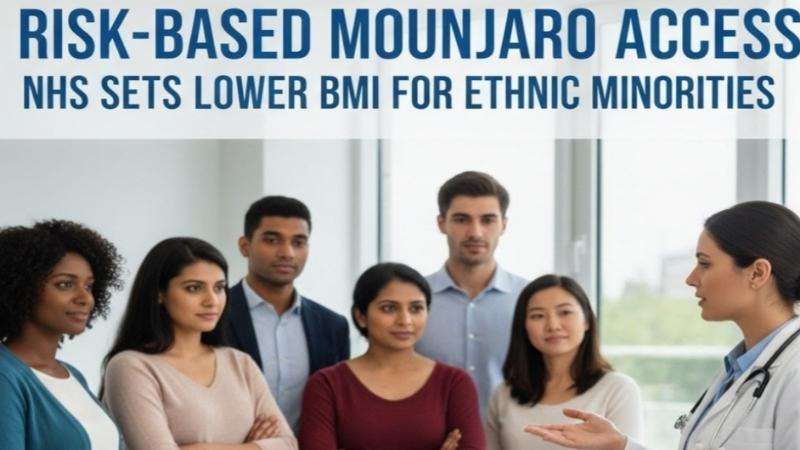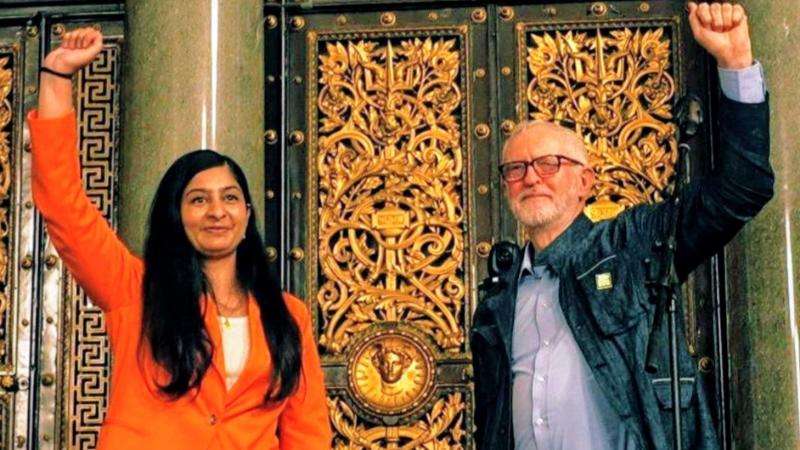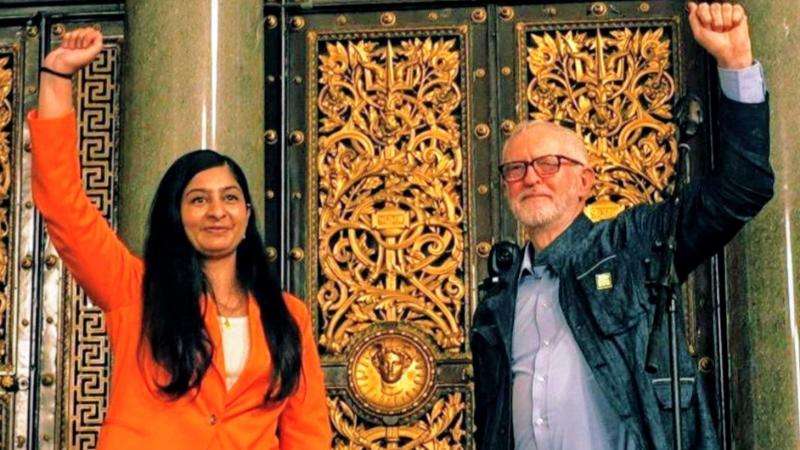“There is an idea about something wider, but the Government are pledged across the course of the Parliament to bring net migration down and that is an objective that we are determined to achieve.
“Youth mobility…is a matter for the EU how it wishes to put that forward and seeks to negotiate it, but we will have to see. There is plenty of speculation in the papers about various things, but we will have to see where they get to.”
UK ministers are said to be open to considering re-entering the Erasmus student exchange programme and allowing fixed-term visas for some young EU nationals tied to skilled jobs or in sectors of need for the UK.
Finalising such a scheme is seen as a core demand from Brussels to engage with Sir Keir Starmer’s attempt to secure better trading, defence and foreign policy relations for Britain.
However, EU national capitals are digging their heels in on three red lines that could yet scupper any revival of a youth mobility scheme.
One is that EU participants in any such scheme are not subjected to a £1,035 surcharge to be eligible to use the NHS.
The immigration health surcharge is paid by visitors taking part in similar schemes the UK has with more than 10 non-EU countries. It has raised more than £6.9 billion for healthcare spending since it was introduced in 2015 to “ensure that migrants make a proper financial contribution to the cost of their NHS care”.Brussels has long lobbied for a discount, with an EU diplomat telling The Telegraph: “There isn’t any change in that position.”
EU officials say they will also maintain their hardline positions on their students paying the domestic fee of £9,535 to study at British universities compared with the normal overseas fees, which can be as much as £18,000 a year.A third demand that will complicate negotiations is an insistence from Brussels that a £298 visa fee applied to the UK’s existing youth mobility programmes is scrapped for EU participants.
Currently European citizens looking to live, work or study in Britain after Brexit must apply for a visa through the points-based immigration, which prioritises skills over where they come from.
This applies to anyone hoping to travel to the country from Europe for longer than six months.
On Sunday, Ms Cooper maintained that reducing net migration remained the UK’s priority over any new agreement on youth mobility.
Asked if she would countenance any easing of youth mobility, she said: “I don’t think that’s the right approach and the right starting point for us, because we need to bring net migration down.
“That has to mean, for example, recognising that work migration massively increased at the same time as training in the UK was plummeting. That’s really damaging.”
Sir Keir later met Olaf Scholz, the German Chancellor, at Chequers on Sunday ahead of the Prime Minister’s visit to Brussels on Monday for dinner with the EU’s 27 leaders at an informal summit focused on defence.
Speaking on Sunday, Sir Keir rejected suggestions the UK will rejoin the EU, saying the decision is “settled” but said he hoped the bloc had seen a “manifest difference” in relations since he took up office.








.svg)


